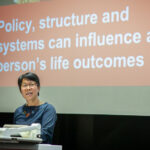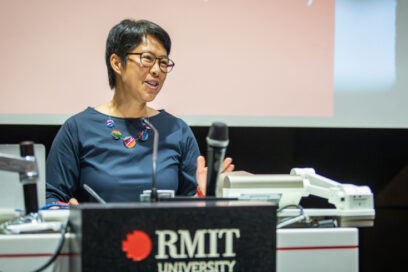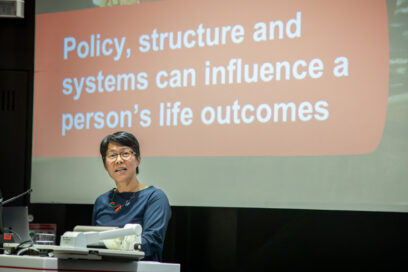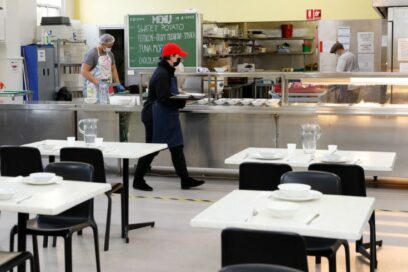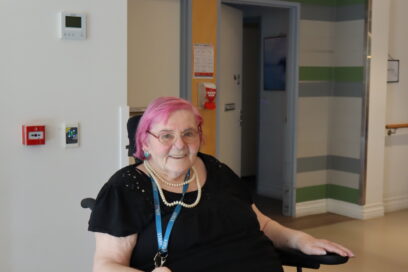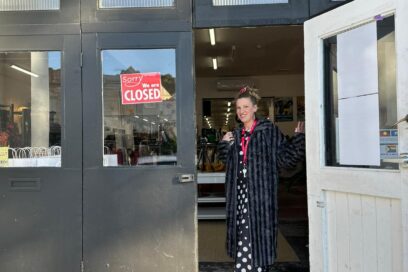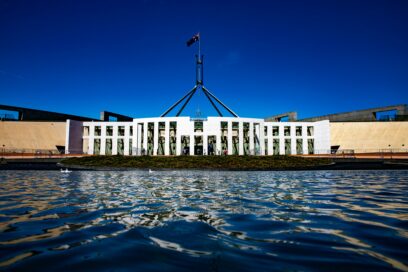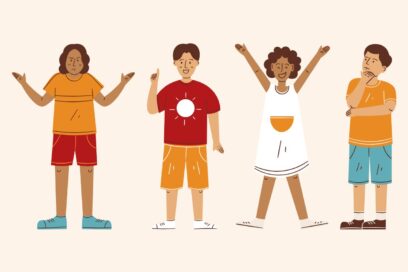Victoria’s 2020-2021 high-spend Budget targeting housing, mental health, jobs and protecting the workforce, will reduce poverty and disadvantage for our most vulnerable.
Sacred Heart Mission applauds the Victorian Government’s high-spend budget focusing on reducing inequality and disadvantage, as well as ensuring Victoria recovers economically and socially from the COVID-19 pandemic that has pushed vulnerable people further into poverty.
CEO Cathy Humphrey congratulates the government on recognising our most disadvantaged by promising roofs over people’s heads, access to energy efficient resources to cut skyrocketing power costs, and more opportunities to gain employment during the COVID-19 recovery.
“These measures cover the essential fundamentals: access to affordable housing, mental health services, jobs and incentives for women reentering the workforce,” Cathy says.
“At the budget’s core, we see progressive, inclusive initiatives, to help ease the pressures of daily living and boost prospects of finding stable work and escape the poverty trap.
“It’s heartening to see our cohort of people experiencing homelessness and disadvantage will be able to access support for hardship payments to counter the costs of rising energy bills, mental health and wellbeing, and leave payments for those in insecure employment, meaning they can stay home to provide care to family, or when they are unwell, and still put food on the table.
“In times like these, the focus should always be on the most vulnerable who are often left behind in a major crisis, without access to good healthcare, employment and housing; we hope to see thousands of homes built quickly to restore stability and hope in their lives.”
Key announcements were made in advance of and on Budget Day, including:
- $5.3 billion in social and affordable housing over the next four years, including specific housing for those experiencing mental illness, and specific investment in regional Victoria, which is a total game changer for resolving homelessness and will ultimately change lives.
- More than $110 million in planning reforms aimed to boost housing supply and help more people enter the housing market by reduction to stamp duty and discounted land prices to encourage development and get more people into the housing market.
- $870 million to support the Victorian mental health system, with funding for more mental health beds, as well as 19,000 hours for community mental health support and towards early intervention. This is indicative of the importance of recommendations from the Royal Commission into Victoria’s Mental Health System and what we know about the long-term effects of lockdown, especially on our most vulnerable community members.
- More than $620 million towards supporting jobseekers into suitable jobs, including support and mentoring. This includes targeted jobseeker support for women, particularly women over 45 years, and those looking to enter trades are a key focus of the Jobs Plan. For the people experiencing chronic disadvantage who we support, particularly women, helping them re-enter the job market after long-term unemployment will help break the systemic homelessness cycle.
- Rebates for low-income households to upgrade to more efficient heating and cooling systems and incentives to switch to renewable energy, introduction of minimum energy efficiency standards for rental properties and $250 hardship payments for concession card holders for immediate power bill relief – benefiting many of SHM’s clients who are doing it tough.
- Continuing to provide rental relief and assistance via Consumer Affairs Victoria and the community sector to support vulnerable groups to stay in their homes, and prevent evictions.
- Targeted investment to support Aboriginal Victorians, particularly in the areas of family violence, child protection and out of home care, education, reducing inequality for our First-Nations peoples.
- Extending Home Stretch, the program which provides support to young people in out-of-home care until the age of 21, which has shown to reduce youth homelessness, encounters with the justice system, long-term unemployment and poverty.
- A two-year Secure Work Pilot Scheme to provide up to five days of sick and carer’s pay at the national minimum wage for casual or insecure workers in priority industries. Supporting workers in insecure industries is so important – SHM has seen a marked increase in people who need meals from us and access to key supports, who had been in insecure employment and were stood down or lost hours and pay due to COVID-19.
- Significant investment in Victoria’s public transport system, including in regional Victoria and the outer suburbs and commencement of the Suburban Rail Loop. Accessible and affordable public transport is essential in our community, and ensures people can get to work and to services they need.



